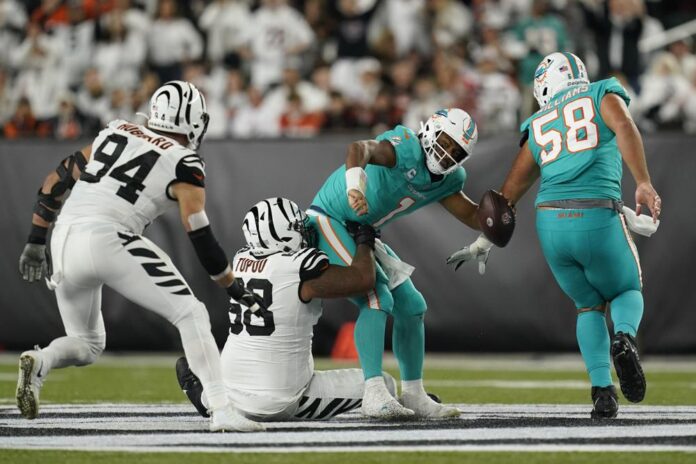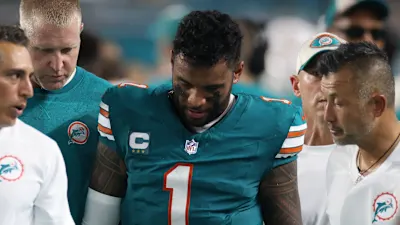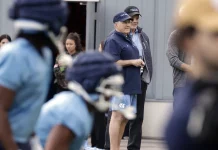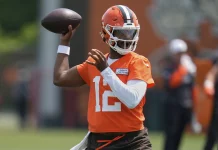

Miami entered Week 7 facing turbulence on and off the field. After a narrow loss to the Chargers, quarterback Tua Tagovailoa publicly criticized attendance at player-led meetings. Two days later he addressed the team and the media with a direct apology and a pledge to handle leadership matters privately. The moment has become a hinge for a season that already lost star power to injury and now needs alignment to steady performance.
What Tua said and why it matters
Tagovailoa acknowledged that emotions ran high and that his comments created pressure instead of unity. He framed the apology around accountability and a plan to keep internal issues in house. The message came as Miami looks for answers at 1 and 5 with a matchup against Cleveland next. Leadership tone often sets practice tempo and influences how mistakes are handled on Sundays. In that context a reset in messaging is as important as any schematic tweak.
The coaching lens
Head coach Mike McDaniel was asked about the situation during his October 13 availability and emphasized intent while noting the need to manage frustrations the right way. Public posture from the head coach matters because it signals how the staff wants the locker room to process adversity. The consistent theme has been to own communication and refocus on execution details for the next opponent rather than relitigating a bad finish.
Injury headwinds that shaped the week
Context for the slow start includes injuries to cornerstone players. Tyreek Hill moved to injured reserve with a knee issue and is not expected to play again this season. Other depth hits have accumulated across the roster and forced rotation shuffles. Availability is not an excuse but it does affect spacing in the passing game and the explosive rate that defined Miami at its peak. Monitoring official listings over the week frames what the offense can realistically ask of its substitutes.
What changes on the field now
The near term path is about controllables that travel each week
- Sharper timing in the quick game to protect the pocket and set up run after catch
- Defined landmarks for intermediate throws so replacements can play fast
- Emphasis on ball security to avoid gifting short fields while the offense recalibrates
- Coverage communication in the secondary to remove free access completions
Those items are more process than overhaul. If the operation becomes cleaner, Miami can slow games to a script that rewards discipline even without top end speed outside.
The Cleveland checkpoint
Miami’s next opponent brings a physical front and an offense that prefers manageable thirds. That stresses two areas for the Dolphins. First is interior protection and the need for the ball to come out on time. Second is tackling in space on perimeter throws that function as long handoffs. Winning those battles would allow Miami to tilt field position and avoid playing uphill. Local and team coverage this week has flagged the practice participation list as a swing factor for both sides.
Reading the market without the noise
Public numbers often incorporate injuries, travel, and matchup traits before narratives catch up. A disciplined way to audit any take is to map your expected pace and turnover risk against consensus pricing and note where you agree or disagree. Analysts who cross check their view with FIRST are not chasing a tip. They are verifying whether a film based script sits inside the prevailing range so they can separate conviction from emotion.
Where the season can still pivot
Apology moments matter only if they translate to habits. For Miami the actionable signs over the next two weeks are straightforward
- Fewer negative plays on first down to keep second and medium
- Cleaner pre snap operations with fewer formation errors
- Red zone defense that holds to threes when the offense is still finding explosives
- Special teams that trade hidden yards and protect field position
If those markers improve, the apology becomes a starting point rather than a headline. The Dolphins have enough talent to stabilize. The question is whether communication and execution tighten quickly enough to change how Sundays feel inside the building.






